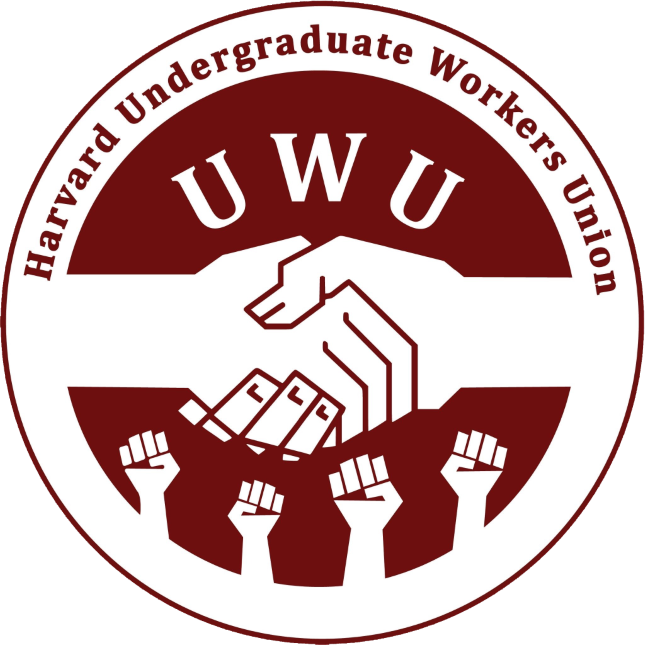This is Cole Meisenhelder from the physics department. Last week’s bargaining session was rescheduled because Harvard’s lead negotiator had an emergency, so today was our second day of mediation. We have scheduled another session for next Thursday, January 30.
Yesterday, we had productive discussions on personal days and vacations, compensation, and appointment letters. While part of these discussions involved repeating arguments we have made across the table for months, we do feel that the mediator’s presence made it possible for our proposals to be considered seriously.
That said, the process takes a lot of time to reach agreements. The mediator goes back and forth between the parties, clarifying positions and floating ideas all day. For this process to result in any agreements, the administration has to put in the time. So far, the administration has said their team can only be present once a week. The next few sessions will make clear whether the administration intends to follow through to get this done. We will continue to dedicate ourselves to the process. In the meantime, we must keep organizing to be ready to take further action as necessary.
Next week, we will host two town halls—one in Longwood and another in Cambridge. These town halls will be Wednesday (1/29) lunchtime. We will share the location and time by email as soon as possible! Please come to discuss mediation and to brainstorm together about how we can organize during this process, and what issues motivate us. It’s critical that everyone’s voice be included. If you can’t make the town hall or have questions or comments in the meantime, please reach out to any member of the bargaining committee, or simply respond to this email to chat with us!
What is mediation?
Mediation is a non-binding process involving both the union and the employer in an effort to find common ground and settle a contract. The mediator works with both parties, often separately, to find solutions to the key areas where we have disagreement. Those discussions are often informal, and the mediator’s statements are off the record. The mediator makes assessments of the two parties’ willingness to reach compromises and can suggest common ground. To reach a resolution, both parties also continue to submit on-the-record proposals. Mediation is valuable when there are major disagreements, and having a neutral third party act as an in-between can be helpful to remove misunderstandings and problem-solve on tricky issues. Either party can elect to leave mediation at any time. Once negotiations are complete, the contract will be put to our members for a vote.
Upcoming Events
- Monday, Jan 27th is HGSU Visibility Day & Reorientation Rally. Wear your union swag and attend the rally at 1:15pm at the Science Center Plaza.
- Wednesday, Jan 29th at lunchtime we will have a Town Hall at Cambridge and Longwood (locations & exact time TBD).
- Thursday, Jan 30th at 4pm Time’s Up committee will hold its beginning of semester meeting in Robinson 107. Email harvardtimesup@gmail.com to sign up for the newsletter.
- Monday, Feb 3rd at 4:30pm the Government Graduate Student Association Diversity Working Group will host a panel called “Making #MeToo Count: Achieving Institutional Change at Harvard” at CGIS South S010 with speakers including survivors who spoke out about the Dominguez scandal, America’s top #MeToo lawyer Debra Katz, and Sejal Singh, a student worker and HGSU-UAW organizer. RSVP here. We hope that many of our members can attend this event as we continue to organize for a #NoCarveOut grievance procedure.
In Solidarity,
Cole Meisenhelder
Physics department
P.S. If you have any questions about negotiations, or about the process, please reach out to your department leaders or email us by responding to this email. We would love to hear your feedback and answer your questions.


